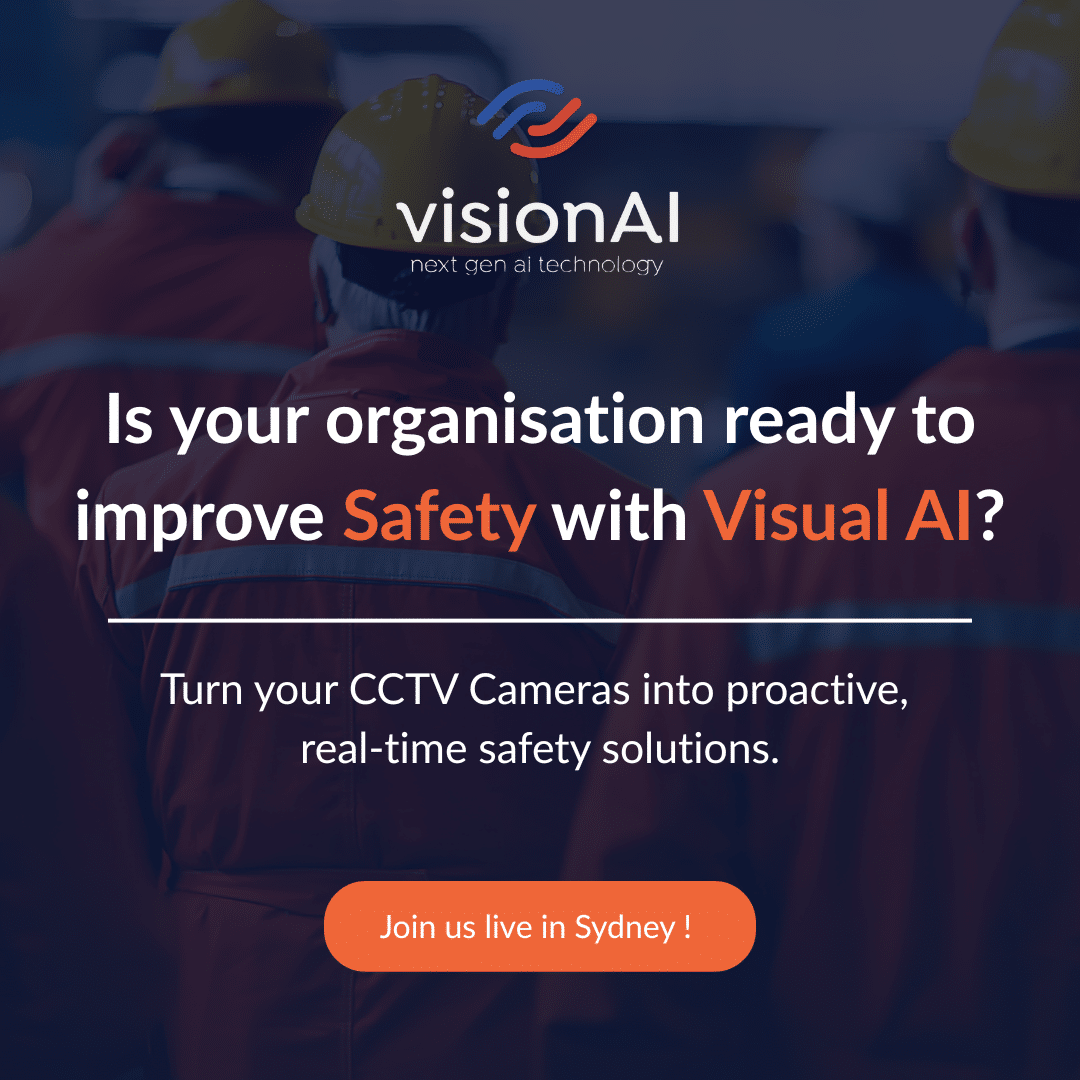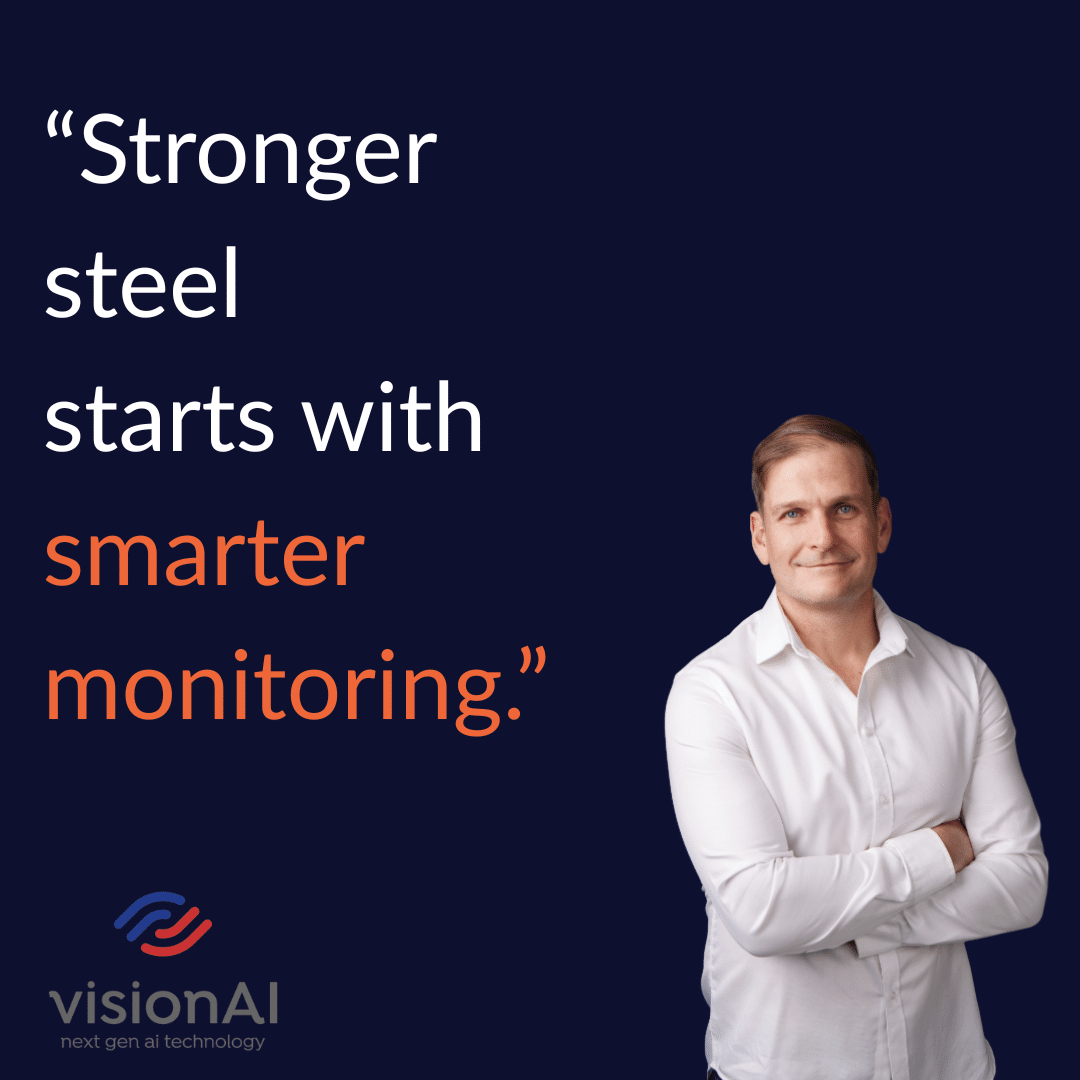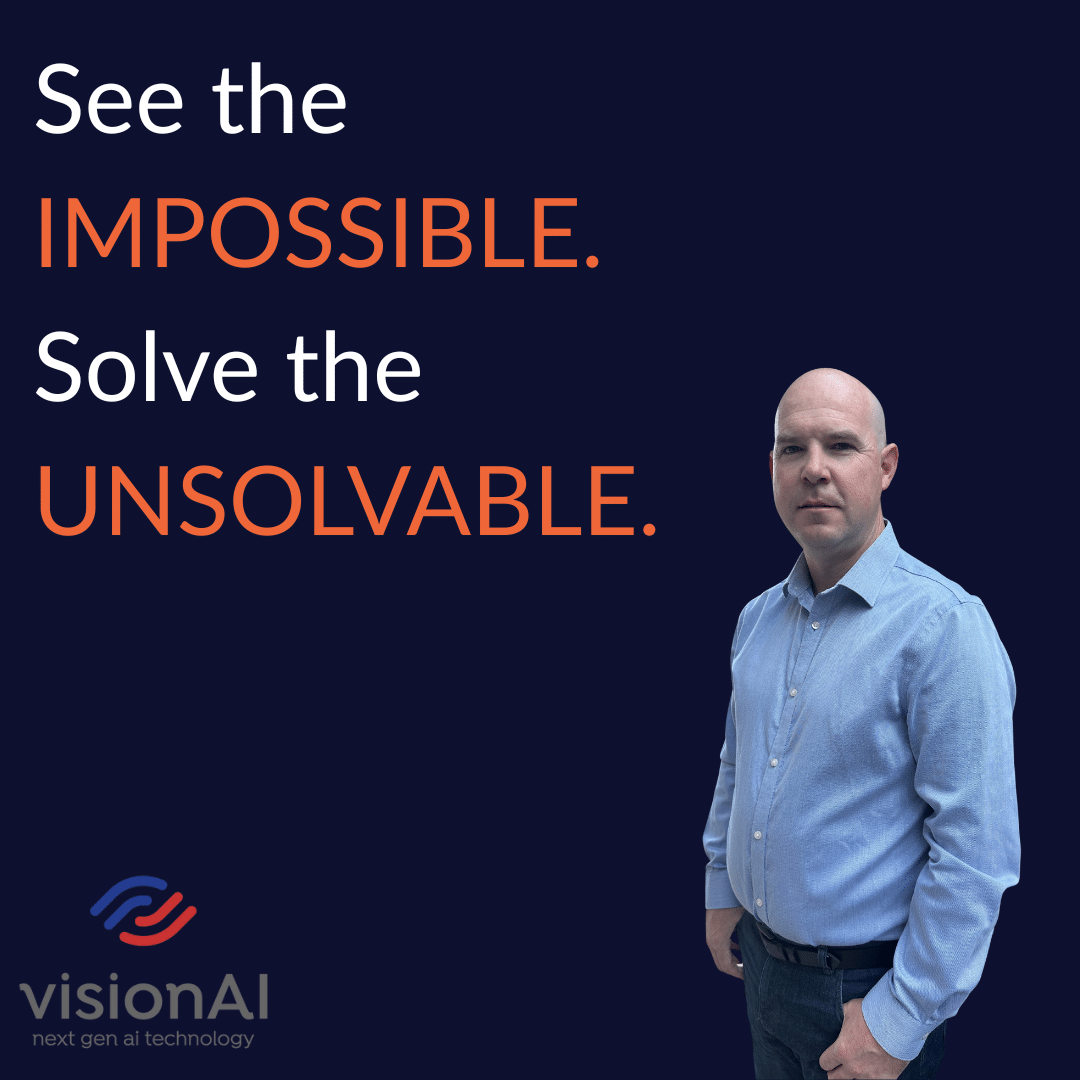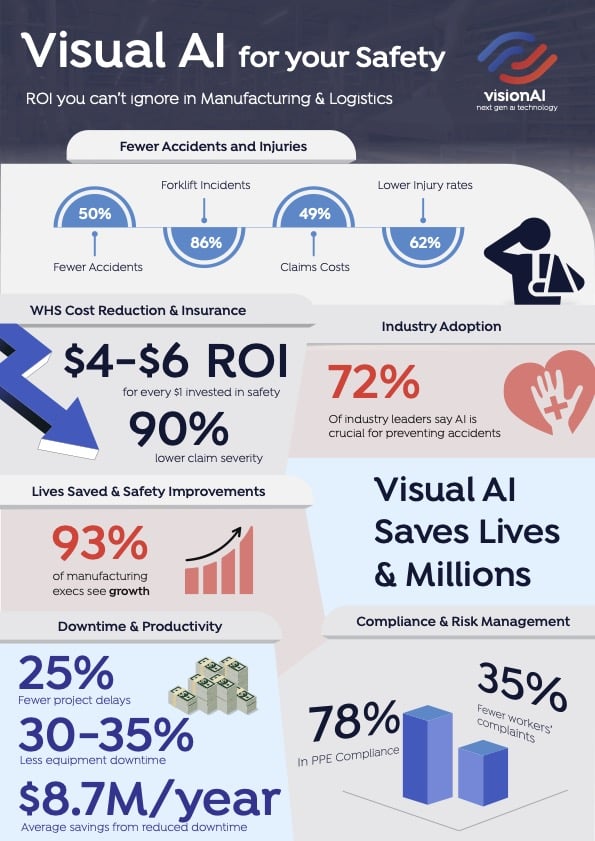There is a lot of excitement about 4IR and what it means to modern business. This article explores the fourth industrial revolution and showcases its impact on various business landscapes.
The evolution of business has been profoundly affected by waves of industrial revolutions. The first revolution harnessed the power of steam in the production process. The second saw the power of electricity take over from steam power. The third became known as the digital revolution since it used electronics and information technology to automate production capacity, primarily due to advances in computing.
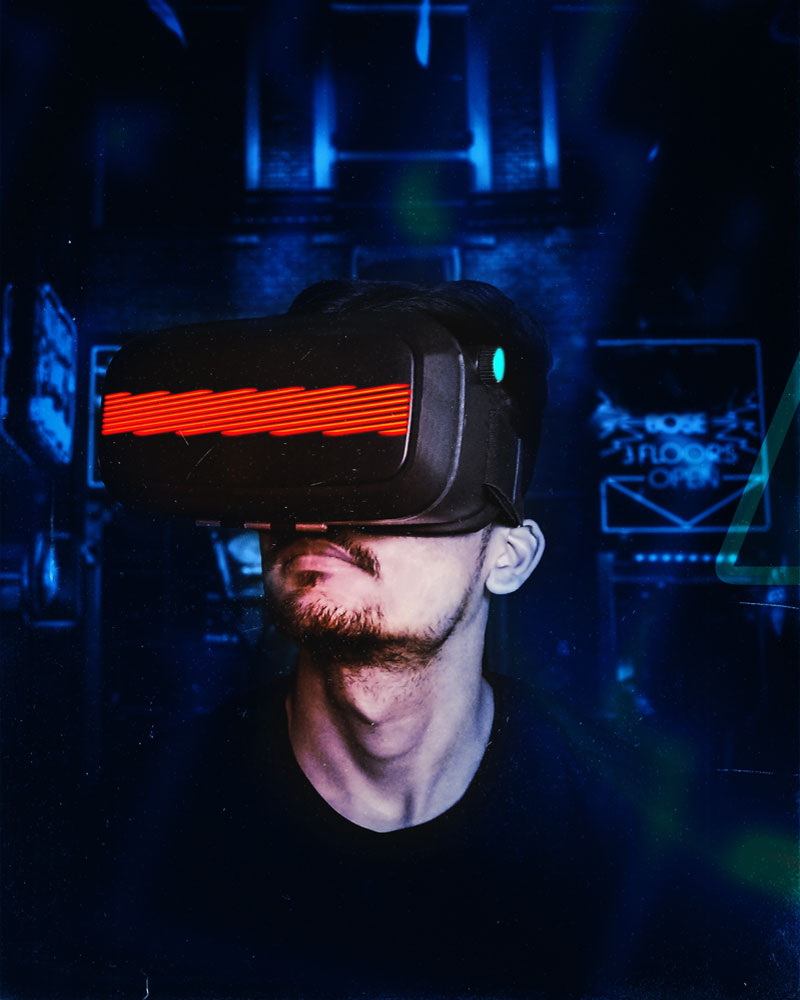
What is 4IR?
A fourth industrial revolution (4IR) is today building on the latter two and its evolving scientific innovation. Breakthroughs are characterised by a combination, or fusion, of wide-ranging technologies overlapping and combining the physical, the digital and even biological fields of endeavour.
In other words, the Fourth Industrial Revolution sees digital technologies, such as The Internet of Things, Artificial Intelligence, Sensors blending physical and virtual environments and processes.
This blend translates into increased automation, improved communication, decreased margin for error and the use of technology to track, monitor and detect issues.
While still in its fetal stage of development, it is impossible to predict what the future outcomes may hold. However, it is largely accepted that the way we live, work and relate/interact with one another will be fundamentally different; in their scale, scope and complexity.
What are the main reasons for 4IR?
The main reasons given for the arrival of the 4IR include the speed at which it is advancing, the extent of its reach, and the impact it has on current and future systems. Previous revolutions could be compared to the Wright brothers tinkering with bicycles in their workshop to multiple moon landings and space station construction; the innovations are just that rapid.
The depth and breadth of these advances, while not as yet specific, they indeed foreshadow transformations of entire production systems and the management thereof.
How does 4IR affect business?
· Four main 4IR effects on business have been identified.
· Product development and enhancement,
· collective/collaborative innovation,
· organisational functionality and
· customer expectations.
While this may seem to be the thing science fiction is written about, we merely have to take a look into our mobile phones’ capabilities to see for ourselves the results of the past decade’s developments in this field.
Billions of people are today connected by a variety of mobile devices, and with almost unlimited and unprecedented processing power, storage capacity, and access to knowledge, the sky’s the limit or even the limit beyond.
More than 30 percent of the global population, as this is being written, uses social media platforms to connect, learn, and share information. And, artificial intelligence (AI) is already all around us, from self-driving cars and drones to virtual assistants and computers that translate languages or drive investments and share transactions.
The Smart Factory, as its name implies, is a production environment that relies on facilities and logistics that are completely automated and communicate without human intervention. This results in a super-optimised supply chain with exponential benefits.
Predictive maintenance is another example of Industry 4.0 benefits to business. With predictive maintenance, technology is used to signal potential operating errors before they occur. This is done by constant monitoring through sensors that detect when changes occur, such as speed, temperature and other factors. This predictive technology not only saves time and money but can prevent accidents and supply chain delays.
There is no denying that technology has created products and services that increase the efficiency and pleasure of our personal lives. From the sometimes frustrating process of ordering a taxi, to the tedious waiting in queues at cinemas to watch a movie, to spinning the reels at casinos or communicating via the Internet, our personal lives have dramatically changed.
Is 4IR seen negatively?
The impact of the 4IR can carry negative implications with it, especially concerning the workforce. History reminds us that the first industrial revolution was hugely disruptive to labour. As increased automation, today and in the future, substitutes manpower for machine power, unemployment will undoubtedly increase.
It has been postulated that in the future, talent, rather than capital, will comprise critical production outcomes. This will, unfortunately, split the job market into two divisive sectors, namely “low-skill/low-pay” and “high-skill/high-pay” segments. This can increase social tensions leading to industrial unrest not only within the workplace but also affecting the political and economic welfare of nations. In its most cynical, debased form, the 4IR may indeed have the potential for humanity to be ultimately “controlled” by robotics and therefore deprive us of our heart and soul.
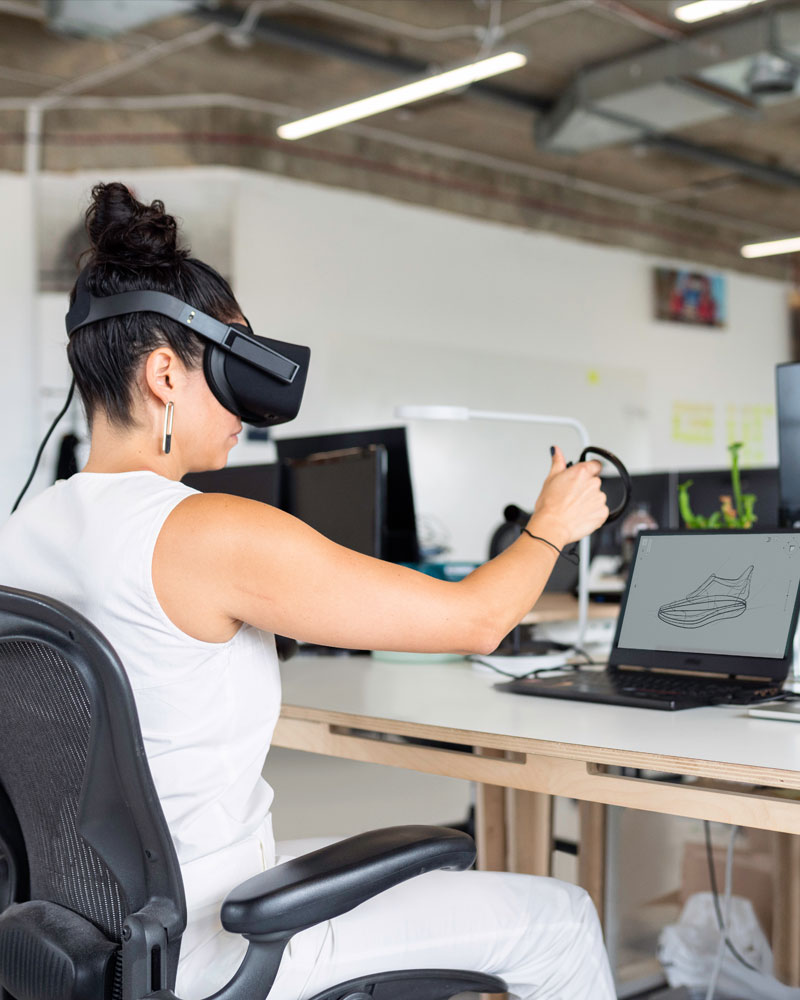
But this is far from the truth. In recent articles, we highlight how the advent of new technology is aiding us, instead of controlling us.
It is also important to consider that while machines and technology may be better than humans at certain tasks that involve repetition and speedy processing, they most certainly do not outperform humans on every level. Social and cognitive skills are still severely lacking, as anyone who has used a chatbot might have noticed. Roles that require certain levels of empathy, caring for others, right brained (creative) thinking cannot be tasked to machines.
For a refreshing take on left- and right-brained thinkers, we recommend Daniel H Pink’s book, “A Whole New Mind: Why Right-Brainers Will Rule The Future”. In it, he states: Gone is the age of “left-brain” dominance. The future belongs to a different kind of person with a different kind of mind: designers, inventors, teachers, storytellers — creative and emphatic “right-brain” thinkers whose abilities mark the fault-line between who gets ahead and who doesn’t.”
How will 4IR impact modern business?
Overall, the relentless advance from the digitization of the third industrial revolution to the innovation and collaboration and combinations of technologies in the 4IR is compelling companies to re-examine the way they do business. The bottom line, however, remains the same: business leaders must have an understanding of their operational environment and move with the times. They need to challenge the assumptions of their operating teams, and relentlessly and continuously innovate.
But that being said, it all comes down to people and values. A bright new future awaits humanity and if it is dealt with by making use of our creativity, our inherent understanding and compassion and our desire for stewardship, the 4IR can and will encompass everyone and improve their lives. The advancements that technology has made will contribute to modern business, and are not likely to slow down anytime soon.

